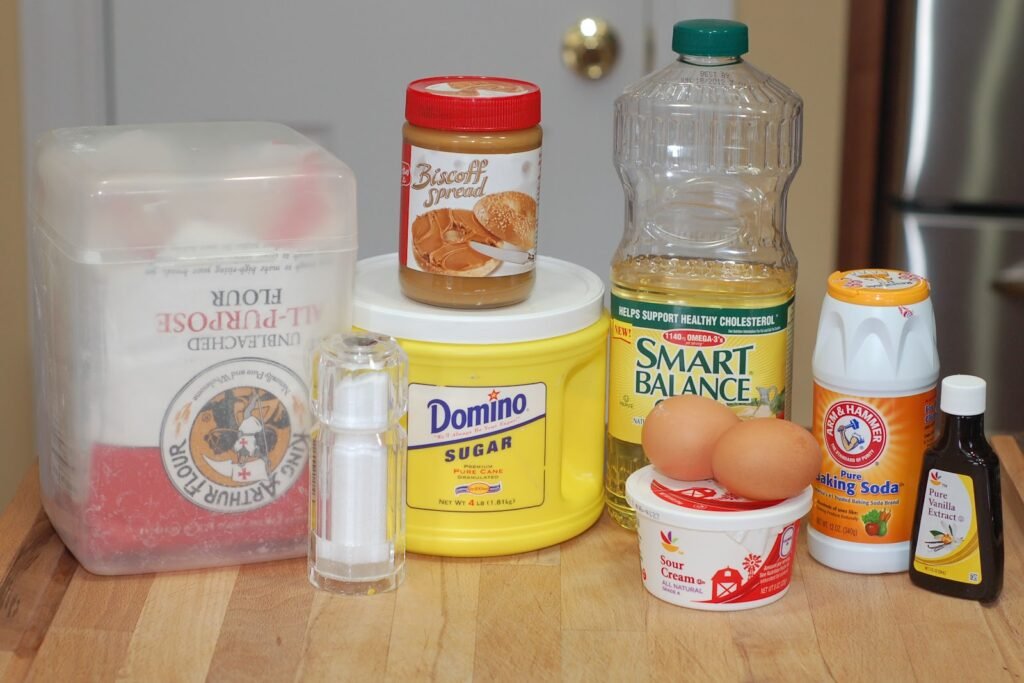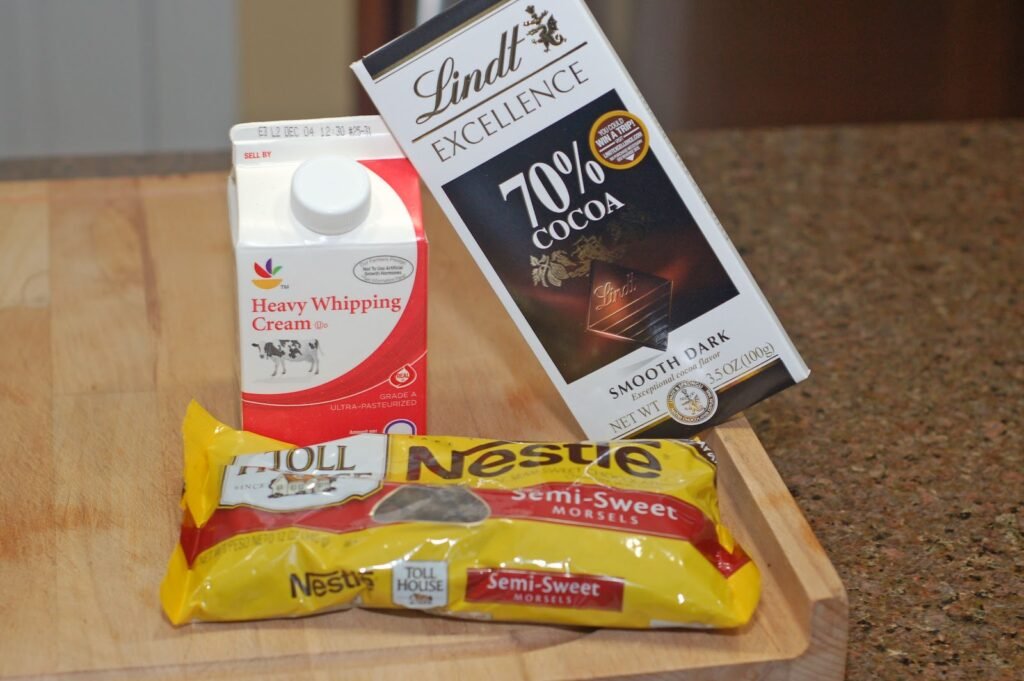Are Black Olives Acidic? Black Olives and Acid Reflux
When dealing with acid reflux, choosing the right foods can be critical. Black olives, commonly used in Mediterranean dishes and salads, often raise questions about their compatibility with an acid reflux-friendly diet. Are black olives acidic? Let’s dive into the facts and explore whether they are suitable for individuals managing acid reflux.
Are Black Olives Acidic or Alkaline?
Black olives are mildly acidic, with a pH ranging from 3.6 to 4.6, depending on how they are processed and preserved. Despite their acidity, they are generally considered safe for consumption in moderate amounts for most individuals, including those with acid reflux.
The preservation process, which often involves soaking olives in brine or vinegar, contributes to their acidity. However, once digested, black olives are thought to have a neutral to slightly alkaline effect on the body due to their rich mineral content, including magnesium and potassium.
Related to Read: Are Green Olives Acidic?
Acidic vs. Alkaline Foods and Acid Reflux
Acid reflux occurs when stomach acid flows back into the esophagus, causing discomfort and irritation. Choosing foods with alkaline properties can help neutralize excess stomach acid and soothe reflux symptoms. While black olives are not strongly alkaline, their nutritional profile provides several benefits for digestive health.
Author Tip: 7 Kinds of Foods to Avoid with GERD
Black Olives and Acid Reflux: Benefits
1. Rich in Healthy Fats
Black olives are a source of monounsaturated fats, which promote overall gut health. Unlike high-fat processed foods, these healthy fats do not typically trigger acid reflux when consumed in moderation.
2. High in Antioxidants
Black olives contain antioxidants like vitamin E and polyphenols. These compounds have anti-inflammatory properties that can protect the esophagus from irritation caused by acid reflux.
3. Good Source of Minerals
Minerals like magnesium and potassium in black olives help regulate stomach acid production, reducing the risk of reflux episodes.
4. Low in Calories
With approximately 35 calories per 10 olives, black olives are a low-calorie snack that won’t overload the stomach—a common trigger for acid reflux.
Potential Concerns with Black Olives
1. Sodium Content
Many black olives are cured or preserved in brine, which significantly increases their sodium content. High sodium intake can lead to water retention, bloating, and an increased risk of acid reflux. Opt for low-sodium or rinsed olives to reduce this risk.
2. Portion Control
Overeating black olives, like any food, can overload the stomach and increase the chances of acid reflux. Stick to moderate portions.
3. Processing Ingredients
Check for added ingredients like vinegar or spices, which can heighten acidity and potentially aggravate reflux symptoms.
How to Include Black Olives in an Acid Reflux-Friendly Diet?
- Choose Low-Sodium Options
Look for black olives labeled “low-sodium” or rinse regular olives to remove excess salt. - Pair with Alkaline Foods
Combine black olives with alkaline foods like leafy greens, cucumbers, or quinoa for a balanced meal. - Limit Processed Dishes
Avoid black olives in heavily processed dishes like pizza or nachos, as these may include high-fat and acidic ingredients that trigger reflux. - Monitor Your Reaction
Everyone’s body reacts differently. Start with small portions and observe how your body responds before making olives a regular part of your diet.
Author Tip: 7-Day Meal Plan For Gastritis
Black Olive Recipes for Acid Reflux
1. Mediterranean Black Olive Salad
Ingredients:
- 1 cup fresh spinach or arugula
- 10 sliced black olives (low sodium)
- 1/2 cup diced cucumbers
- 1 tbsp olive oil
- A pinch of salt and oregano
Instructions:
Combine all ingredients in a bowl. Toss with olive oil for a refreshing, reflux-friendly salad.
2. Black Olive Hummus
Ingredients:
- 1/2 cup black olives (rinsed)
- 1 cup cooked chickpeas
- 2 tbsp tahini
- 1 tbsp lemon juice
- 1 garlic clove (optional, depending on tolerance)
Instructions:
Blend all ingredients in a food processor until smooth. Serve with cucumber slices or whole-grain crackers
Scientific Evidence Supporting Black Olives and Acid Reflux
- Monounsaturated Fats and Digestion: Studies in the Journal of Gastrointestinal Health highlight that monounsaturated fats, such as those in black olives, improve digestion without exacerbating reflux.
- Anti-Inflammatory Benefits: Research in Nutrients (2021) emphasizes the role of polyphenols in reducing esophageal inflammation caused by reflux.
- Mineral Support: A study in the American Journal of Clinical Nutrition (2019) links magnesium and potassium intake to improved stomach acid regulation.
Final Thoughts
So, are black olives acidic? Yes, but only mildly. Their nutritional benefits, including healthy fats, antioxidants, and essential minerals, make them a potentially reflux-friendly food when consumed in moderation. By choosing low-sodium options and pairing them with alkaline foods, you can enjoy the rich flavor of black olives without aggravating acid reflux symptoms.
If you have specific dietary concerns, consult a healthcare professional or dietitian for personalized guidance. With mindful eating, black olives can be a flavorful and healthy addition to your diet.
Better Than S’Mores Mini Cupcakes

I have been wanting to try Biscoff cupcakes for that past week. But I wanted to see what would happen if I tried to turn them into s’mores. The Biscoff is a bit sweeter than a graham cracker, but I though if I used a dark chocolate ganache to fill them, it might balance out the sweetness. What?? Me, make something less sweet?? Ask anyone who knows me and they would think something was wrong. But have no fear, sometimes it’s all worth it in the end. And these absolutely were. Topped with a marshmallow fluff frosting, these puppies came out better than expected, better than a s’mores!

Don’t mind my upside down flour bag. It had a hole in the bottom, so I had put it that way, otherwise that kitchen would look like a snowstorm had passed through.

| For the ganache filling |

filled cupcakes
At this point feel free to take any defect cupcake and pop it into your mouth. It is for quality control purposes only. Since it was late at night when I made the frosting, I forgot to take any pictures.
Of course before I went to bed I had to try one and gave one to my husband to try so I wouldn’t feel so guilty. Oh god, they were delicious. I am glad I made them bite size, the blend of tastes it just perfect. Unfortunately, that just means I will eat more.
Better Than S’Mores Mini Cupcakes
by The Sweet Chick
Prep Time: 20-30 minutes
Cook Time: 10-15 minutes
Keywords: bake dessert biscoff marshmallow fluff chocolate ganache cupcake
Ingredients (24 mini cupcakes)
For the Biscoff Cupcakes
- 1 cup all-purpose flour
- 1 cup granulated sugar
- 1/2 teaspoon kosher salt
- 1/2 teaspoon baking soda
- 1/2 cup canola oil
- 1/2 cup sour cream
- 1/2 cup Biscoff spread
- 2 large eggs
- 2 teaspoons pure vanilla extract
For the Chocolate Ganache Filling
- 12 ounces chocolate, chopped into small pieces (I used a 3.5oz bar of Lindt dark chocolate and about 3/4 of a 12 oz bag of semi-sweet chocolate chips)
- 1 cup heavy cream
For the Marshmallow Fluff Frosting
- 1/2 stick butter, softened
- 2 cups marshmallow fluff
- 2 cups powdered sugar
- 1 teaspoon vanilla
- 1 tablespoon Wilton meringue powder
- 2-3 tablespoons milk
Instructions
For the Biscoff Cupcakes
Preheat the oven to 350º F and fill muffin tin with cupcake liners.
Place flour, sugar, salt and baking soda into a large bowl, mix to combine. Set aside.
In a stand mixer or using a hand mixer, place oil, sour cream, Biscoff spread, eggs and vanilla into the bowl and mix on medium speed until well incorporated. Slowly add dry ingredients and mix thoroughly, about 30 seconds. Spoon batter into prepared mini cupcake liners about 3/4 full. Bake for 10-15 or until toothpick inserted in center comes out dry. Remove and let cool completely.
(For regular sized cupcakes, bake 18-22 minutes).
Recipe by healthyfoodforliving.com/recipes
For the Chocolate Ganache Filling
Place chocolate pieces in a large bowl.
Heat heavy cream on medium high until it comes to a boil. Remove from heat and immediately pour cream over chocolate and stir until completely mixed and glossy.
Allow ganache to cool. The longer you allow the ganache to cool, the thicker it will set. You can place it in the fridge to cool faster. The ganache needs to be completely cooled before piping it in the cupcakes.
While the ganache is cooling cut a hole in the middle of each cupcake and scoop out the center (not all the way to the bottom). I used a vegetable peeler, but you can also try a apple corer.
With a frosting piping bag or a plastic freezer bag with tip cut off, pipe the ganache filling into each cupcake and place back in the fridge.
Recipe by https://www.healthyfoodforliving.com/recipes/
For the Marshmallow Fluff Frosting
In a stand up mixer or using a hand mixer, blend butter and marshmallow fluff until smooth.
Sift in confectioners’ sugar and meringue powder and beat on low speed.
Add vanilla and milk and increase speed to high. Beat for 1 minute.
Using a frosting piping bag and your favorite tip, frost each cupcake and place back in fridge to set.
Recipe by The Sweet Chick
